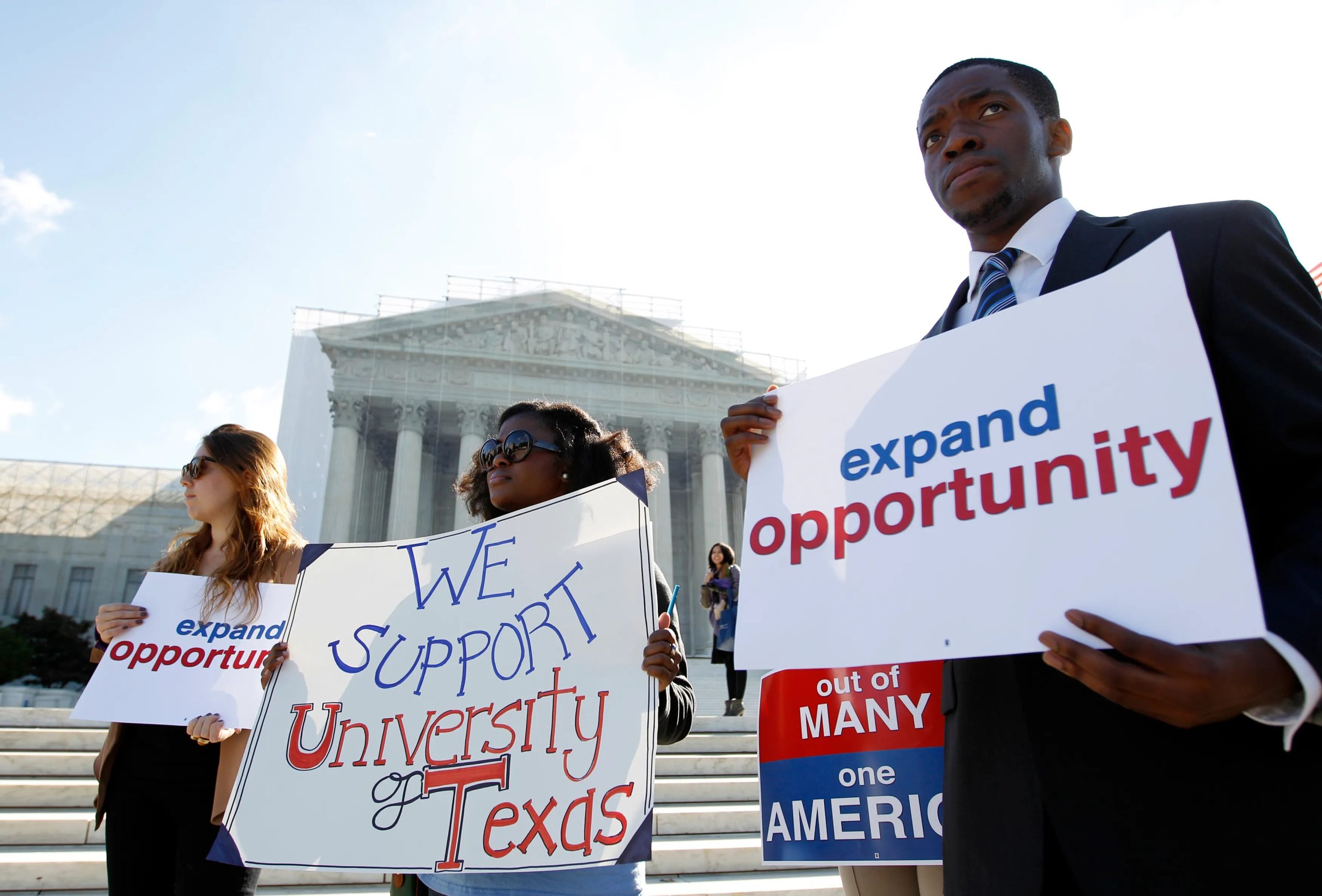The Supreme Court delivered a decision on Friday, dismissing an emergency petition aimed at blocking the race-conscious admissions policies of the United States Military Academy.
The court’s order emphasized that the record before them was not fully developed and cautioned that the order should not be interpreted as expressing any viewpoint on the merits of the constitutional question.
The statement was unsigned, and no justice noted any dissent, making it unclear which justice or justices were responsible for the decision.

This legal development is linked to an emergency petition filed in January by the anti-affirmative action group Students for Fair Admissions (SFFA).
The group sought to overturn a lower court’s decision that temporarily allowed West Point, the United States Military Academy, to consider race in its admissions process while facing a legal challenge.
The Biden administration had advocated for rejecting the petition, asserting that the military academy’s focus on diversity serves a compelling interest, as West Point plays a crucial role in producing future military leaders.
The Supreme Court’s concise statement, an unusual form for court orders, aligns with the concerns raised by lower courts in the ongoing legal battle.
Judges Philip Halpern and Richard Bennett, presiding over cases against West Point and the Naval Academy, respectively, have both emphasized that SFFA has not yet established a factual record indicating that the government cannot prove the necessity and narrow tailoring of considering race in admissions.
Judge Halpern, a Trump appointee, criticized SFFA’s core argument, challenging the constitutionality of military academies’ use of race in admissions by referencing the Supreme Court’s decision to strike down similar policies at Harvard University and the University of North Carolina at Chapel Hill last summer.
SFFA heavily relies on the Harvard decision in its case, arguing that the military academies’ practices are unconstitutional based on the precedent set by the Supreme Court.
Solicitor General Elizabeth Prelogar, representing the Biden administration, countered this argument by emphasizing the potentially distinct interests of military academies and the need to address a different question than the one considered in the Harvard decision.
In response to the Supreme Court’s order, SFFA President Edward Blum expressed disappointment, stating that applicants to West Point would continue to have their race considered in the admissions process.
He argued that the prolonged legal proceedings meant that talented individuals would be evaluated based on their skin color rather than their abilities. The legal battle surrounding affirmative action policies in military academies continues to be a contentious issue with broader implications.


